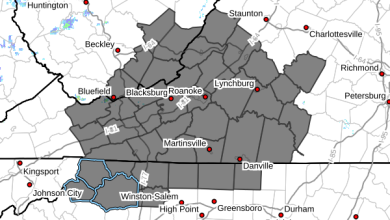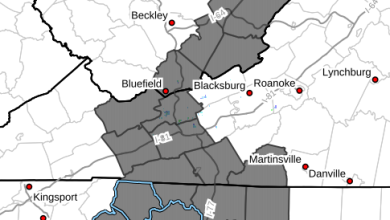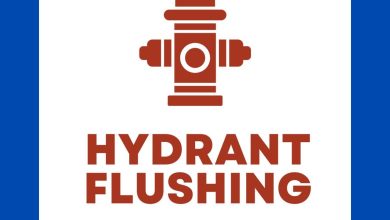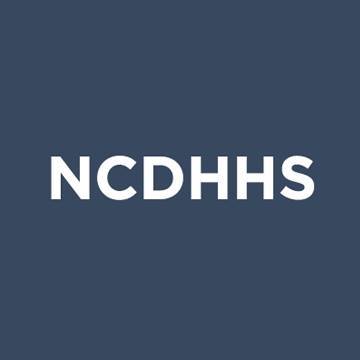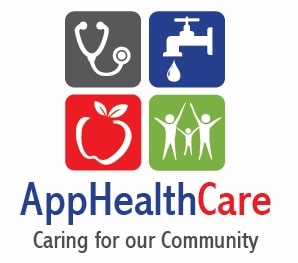
Last Updated on March 24, 2020 6:23 pm
Boone, NC – As this situation continues to evolve, new recommendations have been issued by Governor Cooper and the NC Department of Health & Human Services. On March 23, Governor Cooper issued Executive Order 120 which closes K-12 public schools through May 15, bans mass gatherings over 50 people and closes gyms, movie theaters, sweepstakes parlors, health clubs and other similar facilities (more information here).
During this challenging time of responding to the COVID-19 (novel coronavirus) public health crisis, following the guidance to stay home as much as possible is the most important mitigation measure the community can take. This situation is affecting each person in our community in different ways, and we are all experiencing disruptions to our normal schedule. We want to thank you for doing your part to prevent the spread of this virus. It’s going to take all of us.
“This situation is continuing to change rapidly, and we are all having to adapt to the latest guidance and recommendations in order to slow the spread of this virus. We will continue to follow the current guidelines from the CDC and NC DHHS and communicate those to the community,” stated Jennifer Greene, Health Director, AppHealthCare.
“We have an amazing team that is taking precautions to help prevent the spread of COVID-19,” said Rob Hudspeth, Senior Vice President for Appalachian Regional Healthcare System. “We are being asked what people can do to help. We are asking the community to do their part by staying home.”
New Testing Recommendations
The recommendation has shifted from broad based testing to testing those who have urgent medical needs and demands for care. Individuals who are sick or ill can remain at home and call their provider to receive additional guidance as needed.
People with mild symptoms consistent with COVID-19 do NOT need testing and should be instructed to stay at home to recover. Mild symptoms include: fever and cough without shortness of breath or difficulty breathing. If you experience shortness of breath, chest pain or pressure, blue lips, difficulty breathing or confusion, call 911 or your doctor right away.
Most people do not need a test. When you leave your home to get tested, you could expose yourself to COVID-19 if you do not already have it. If you do have COVID-19, you can give it to someone else, including people who are high risk.
Your doctor can help you decide if you need a test. There is no treatment for COVID-19. For people with mild symptoms who don’t need medical care, getting a test will not change what you or your doctor do. Testing is most important for people who are seriously ill, in the hospital, people in high-risk settings like nursing homes or long-term care facilities, and healthcare workers and other first responders who are caring for those with COVID-19.
North Carolina now has community transmission of COVID-19. Therefore, we are moving to a different phase of our response efforts and will be further increasing our population-based community mitigation strategies. The goal of mitigation is to decrease spread of the virus among our population – especially for those who are at highest risk of clinical severity, and our health care workers – so fewer people need medical care at the same time. In addition, we need to implement strategies to conserve supplies and capacity so our health care workers can care for people who need medical attention even during the peak of the outbreak.
Who is at High Risk for COVID-19?
People at high risk include anyone who:
● Is 65 years of age or older
● Lives in a nursing home or long-term care facility
● Have a high-risk condition that includes:
○ Chronic lung disease or moderate to severe asthma
○ Heart disease with complications
○ Compromised immune system
○ Severe obesity – body mass index (BMI) of 40 or higher
○ Other underlying medical conditions, particularly if not well controlled, such as diabetes, renal failure or liver disease
People who are at high risk should stay home to the greatest extent possible to decrease the chance of infection.
Why the Update to Testing Recommendations?
● To decrease acceleration of spread in community and exposures in healthcare settings
○ People infected with SAR-COV-2 (virus causing the disease COVID-19) coming out to be tested may spread illness to others in the community, including those at higher risk of complications, and health care workers.
○ People who are not infected with SAR-COV-2 can become so when seeking testing, especially at health care sites.
● To preserve resources
○ Personal Protective Equipment and supplies will be needed for outbreaks in high-risk settings (e.g. long-term care), to protect frontline workers (e.g. health care workers, first responders), and to care for people with more severe clinical symptoms.
● No impact on management for most people
○ For those with mild symptoms, treatment is supportive and focused on symptom management.
○ A test will not change management.
● Alternative surveillance tools can be used to track the spread of COVID-19
○ Tracking only lab-confirmed cases is not a reliable or accurate way to understand the pandemic.
○ We will use influenza flu surveillance tools, which are designed to track widespread respiratory illness.
AppHealthCare is available and on-call 24/7 to respond to public health emergencies. To reach us, call (828) 264-4995 anytime and follow the prompts. For more information, visit www.AppHealthCare.com or follow us on Facebook or Twitter.
For more information on COVID-19 (novel coronavirus), please visit the Centers for Disease Control & Prevention (CDC) website at cdc.gov/coronavirus. North Carolina resources can be found on the Division of Public Health website at ncdhhs.gov/coronavirus.
A COVID-19 toll free helpline has been set up to answer general, non-emergent questions at 1-866-462-3821. To submit questions online, go to www.ncpoisoncontrol.org and select “chat.”








